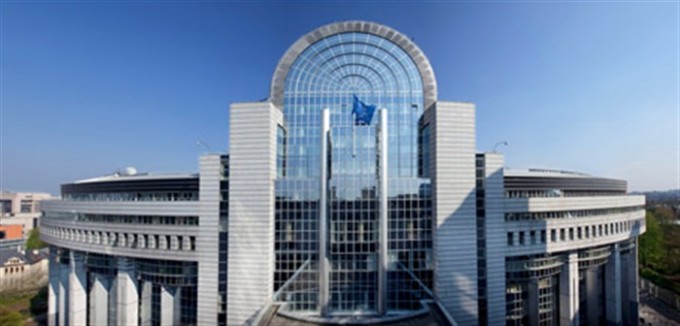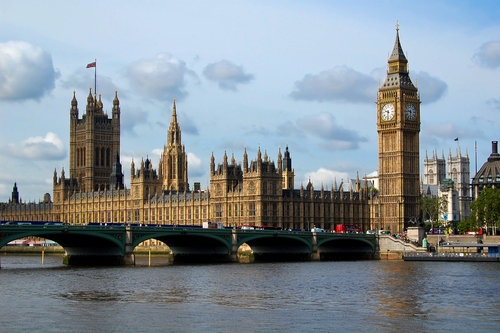 The ‘European project’ felt somewhat of a bounce in 2014, thanks to the pan- European elections that brought a refresh and renew to both the European Parliament and the European Commission.
The ‘European project’ felt somewhat of a bounce in 2014, thanks to the pan- European elections that brought a refresh and renew to both the European Parliament and the European Commission.
But even the briefest of glances at the European political horizon for 2015 will tell you that this bounce is not set to last.
The outcome of Greece’s national elections, and the national elections of Portugal and Spain (and to a lesser extent, Poland and Denmark’s)- all scheduled for the latter part of this year, have cast a looming shadow over the ongoing shape and stability of the ‘European Project’.
But the biggest shadow of all is now less than 100 days away- the UK general election on May 7th.
The very nature and raison d’être of the EU means that domestic politics will always play a dominant role in EU affairs. But David Cameron’s proposed In/Out referendum on the UK’s membership of the EU- should the Conservatives win an outright majority in the UK general elections- has elevated that role to near unprecedented levels.
Whether or not ‘the European project’ has a few more steps in it is likely to hinge on the outcome in the UK in May, and how far the German Chancellor and the UK Prime Minister can align their views of a future EU with their domestic political needs. Chancellor Merkel herself signaled the overarching priority of the UK/EU relationship with her choice of the United Kingdom as her first foreign outing of the New Year.
Far from being concerns largely limited to ‘the other side of the channel’, the daily churn of politics in the UK will take on increasing relevance to EU politicians, policy makers and Industry as they measure and analyse the likely impact of UK domestic policy announcements and political machinations.
And in turn, as the major parties in the UK scramble to respond to the rising popularity of UKIP and mounting levels of euroscepticism, the day to day happenings of the ‘Brussels bubble’ and the broader politics of the EU will take on increased levels of meaning and impact on the ‘realpolitik’ of Britain as May 7th draws near.
The existing gap between the expectations of those based in Brussels and those in London should not be underestimated. Whilst a recent survey of the British Chamber of commerce in Europe’s capital (full disclosure, I chair the EU Committee) showed that 68% of members felt a BREXIT was only somewhat likely in the next ten years, and a quarter said it was not likely at all; a poll taken at the end of 2014 by OnePoll for the UK’s ITV’s Tonight programme, showed a clear majority of Brits would’ve voted to leave the EU, if a referendum had been held in Dec 2014.
With this in mind, our Brussels and London offices will be offering up their different perspectives and analysis of the ‘on the ground happenings’ in both the UK and EU in the run up to the UK general election.
Over the coming days and weeks as Britain heads towards the polls, we will be posting a series of posts and insights on this very blog, starting with the current view from Westminster from our London office.
Whatever your view on the UK’s membership of the EU, the ongoing shape and structure of the EU/UK relationship will have a critical impact on European politics, policy and industry. 2015 may well see the ‘European Project’ pivot in alternate direction.
Happy Reading
Find Out More
-
Generative AI is changing the search game
May 8, 2025


